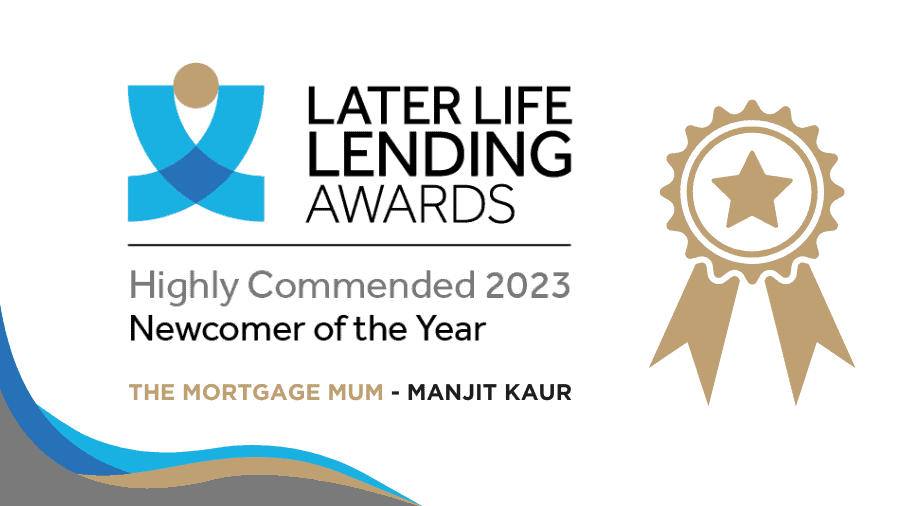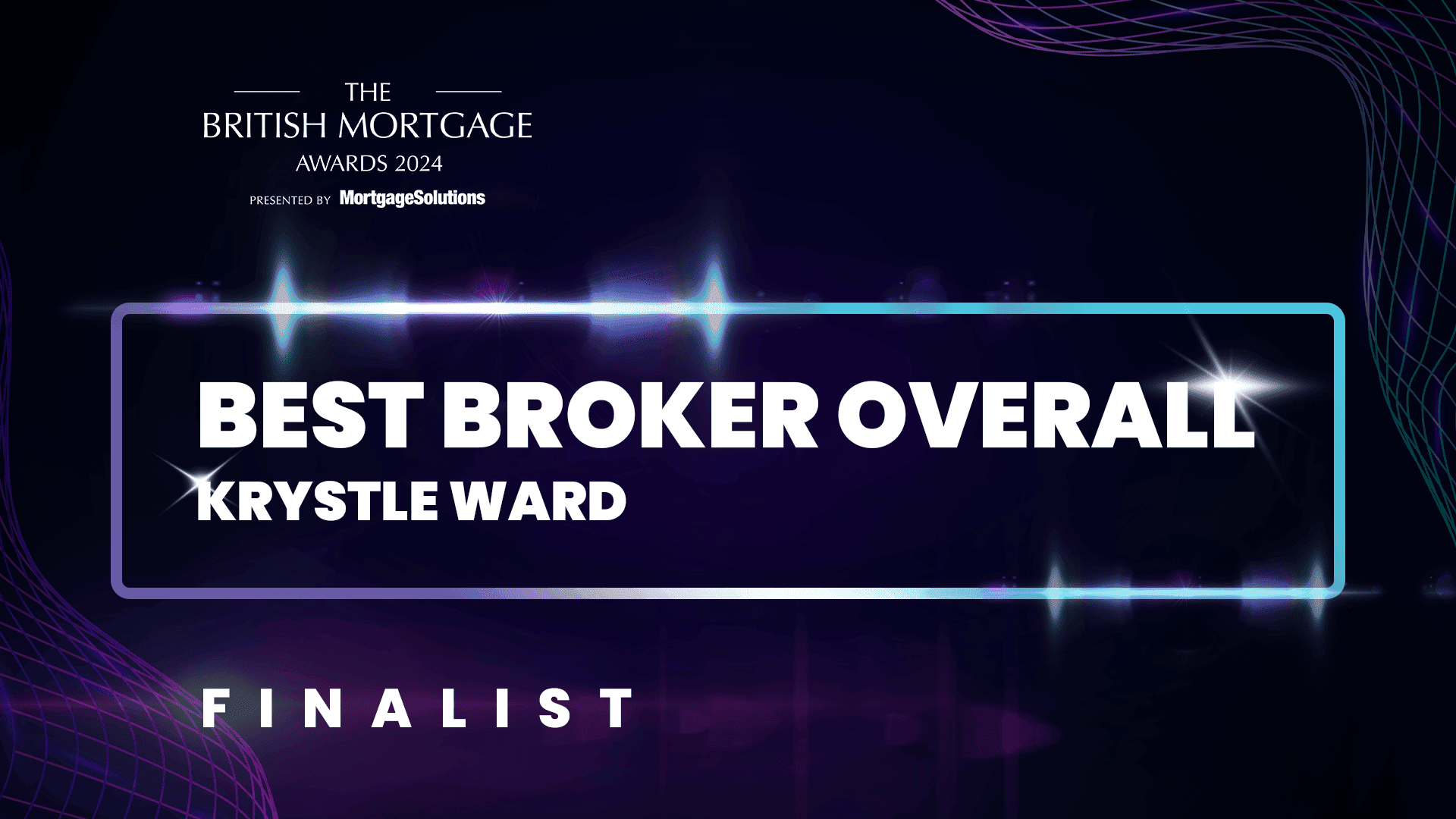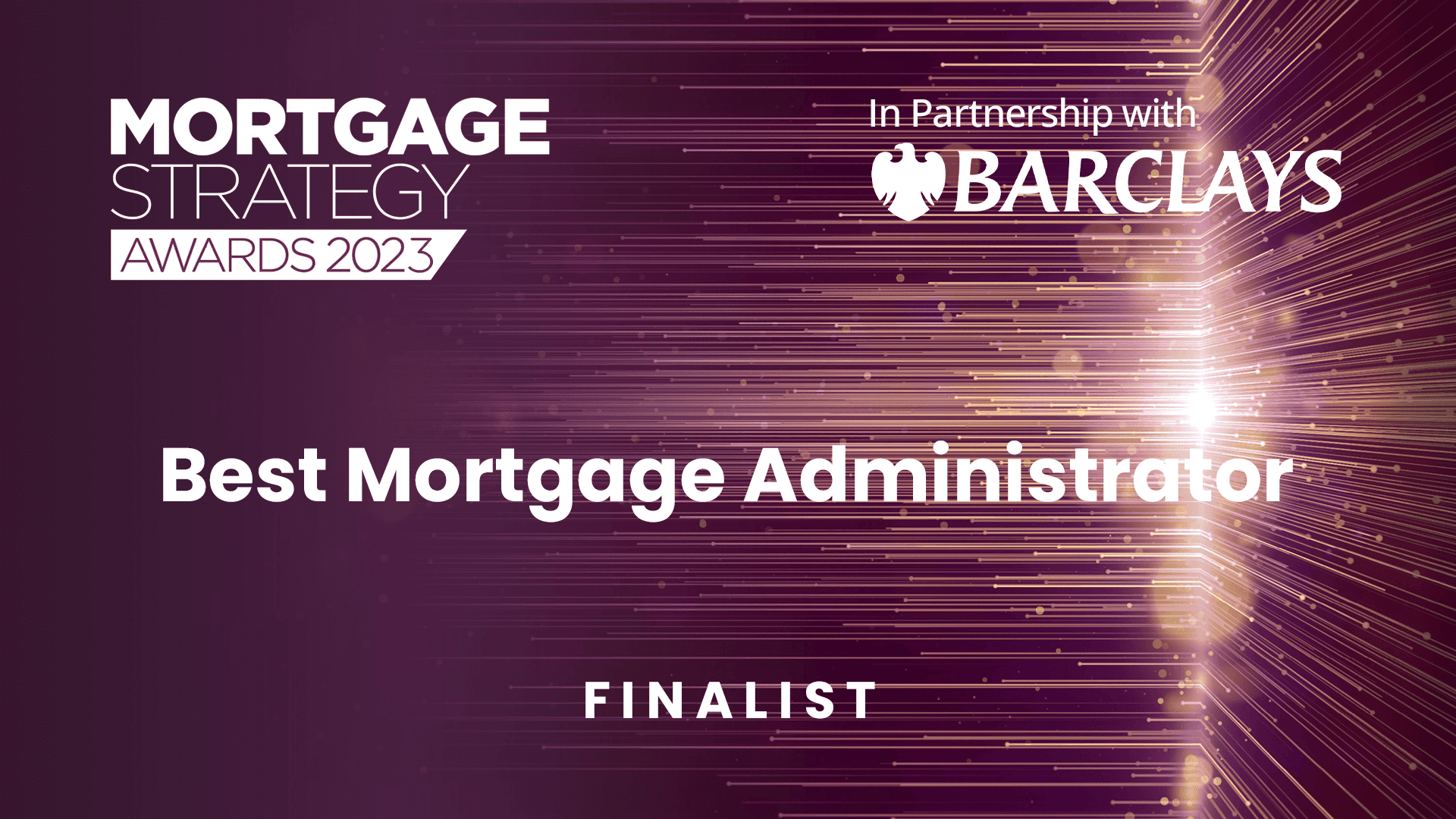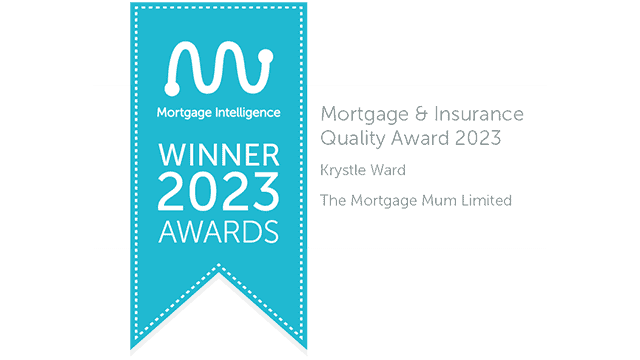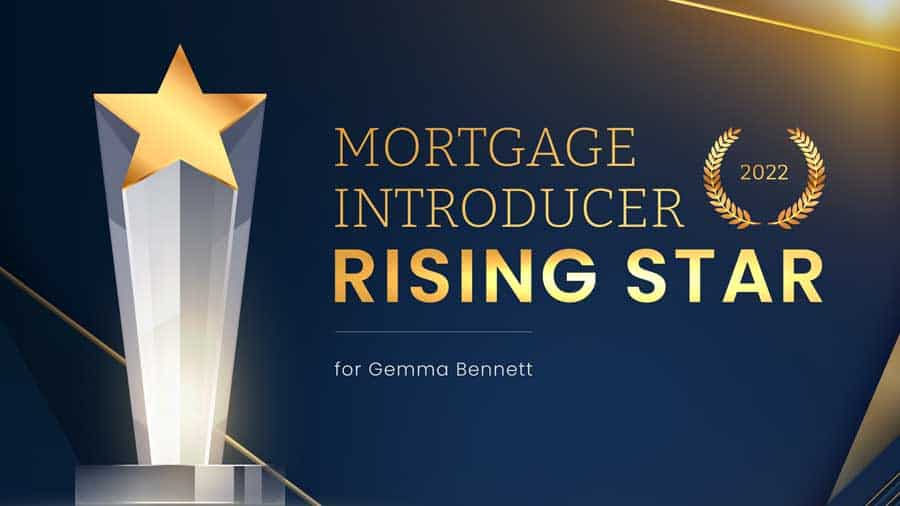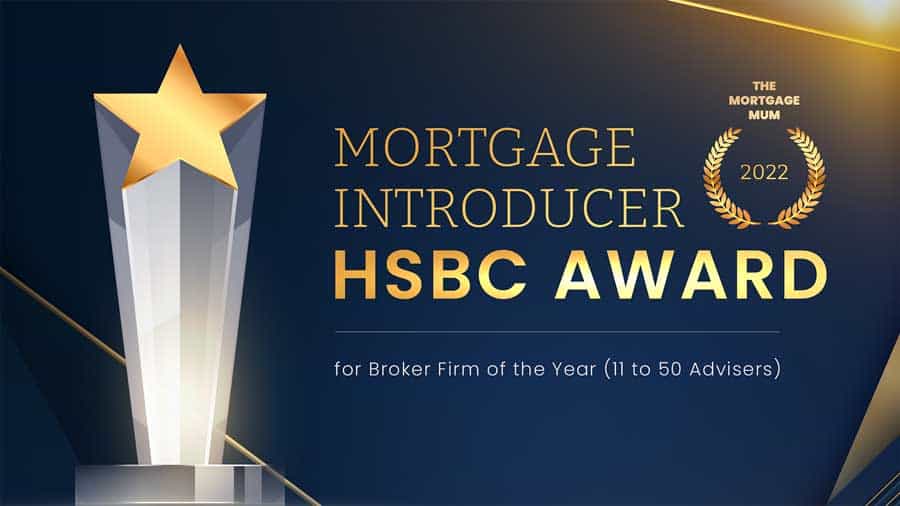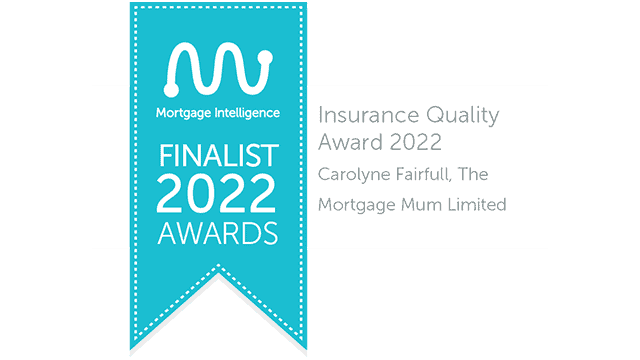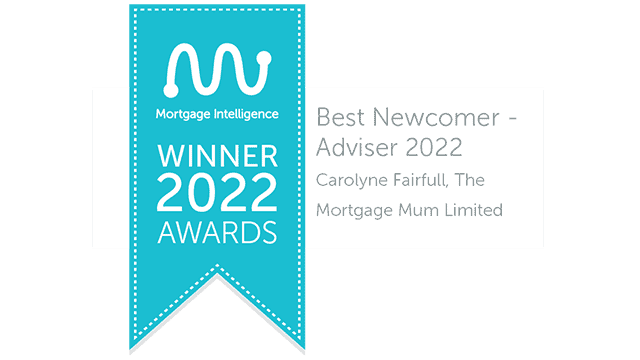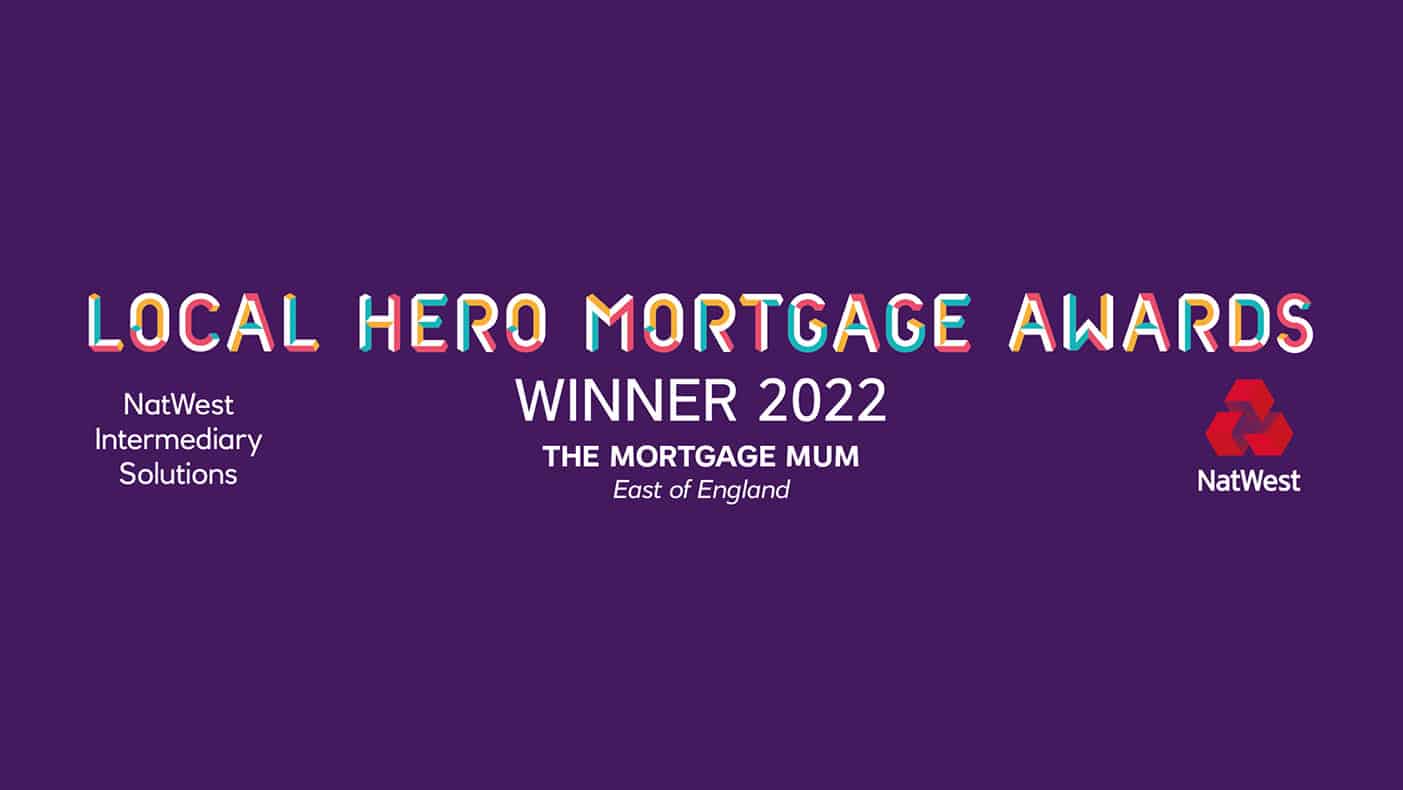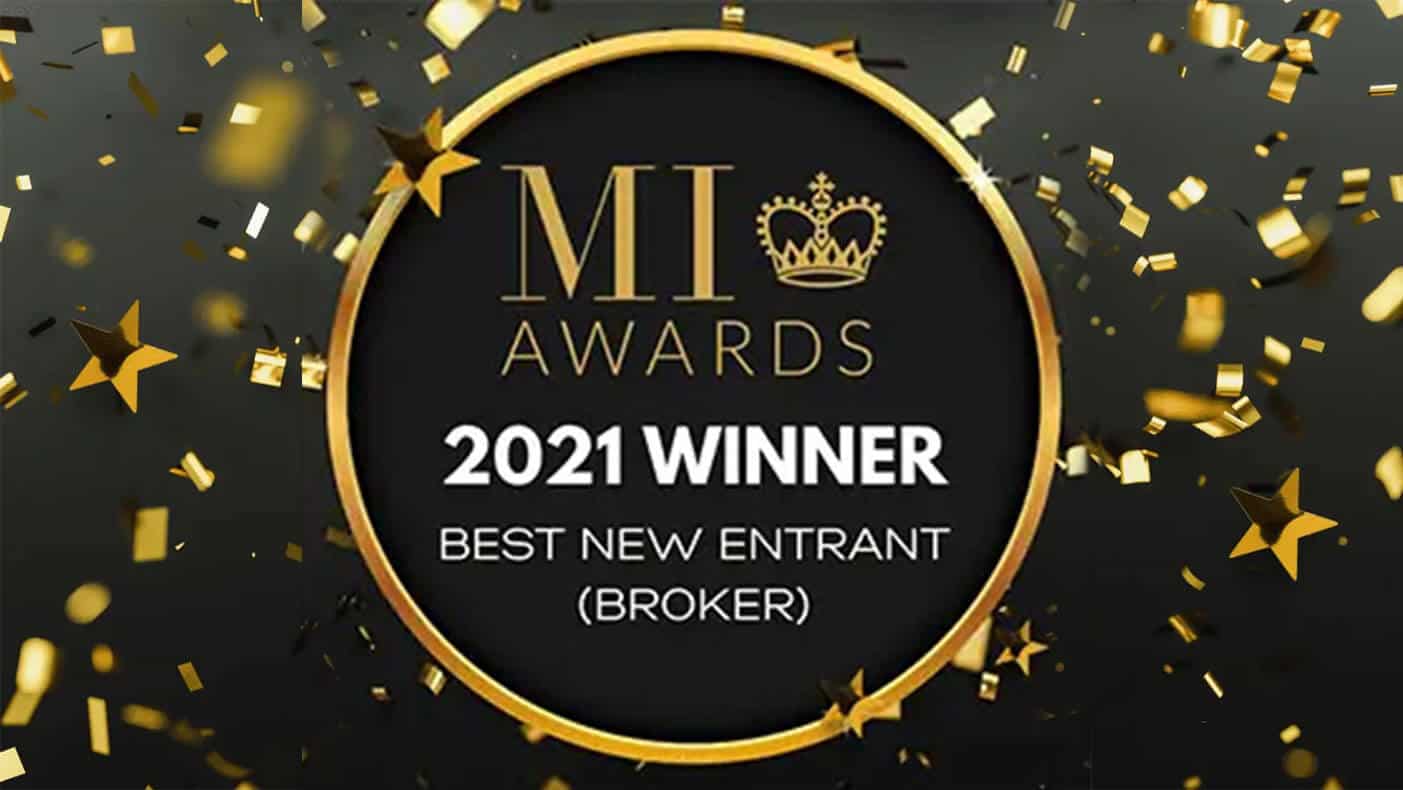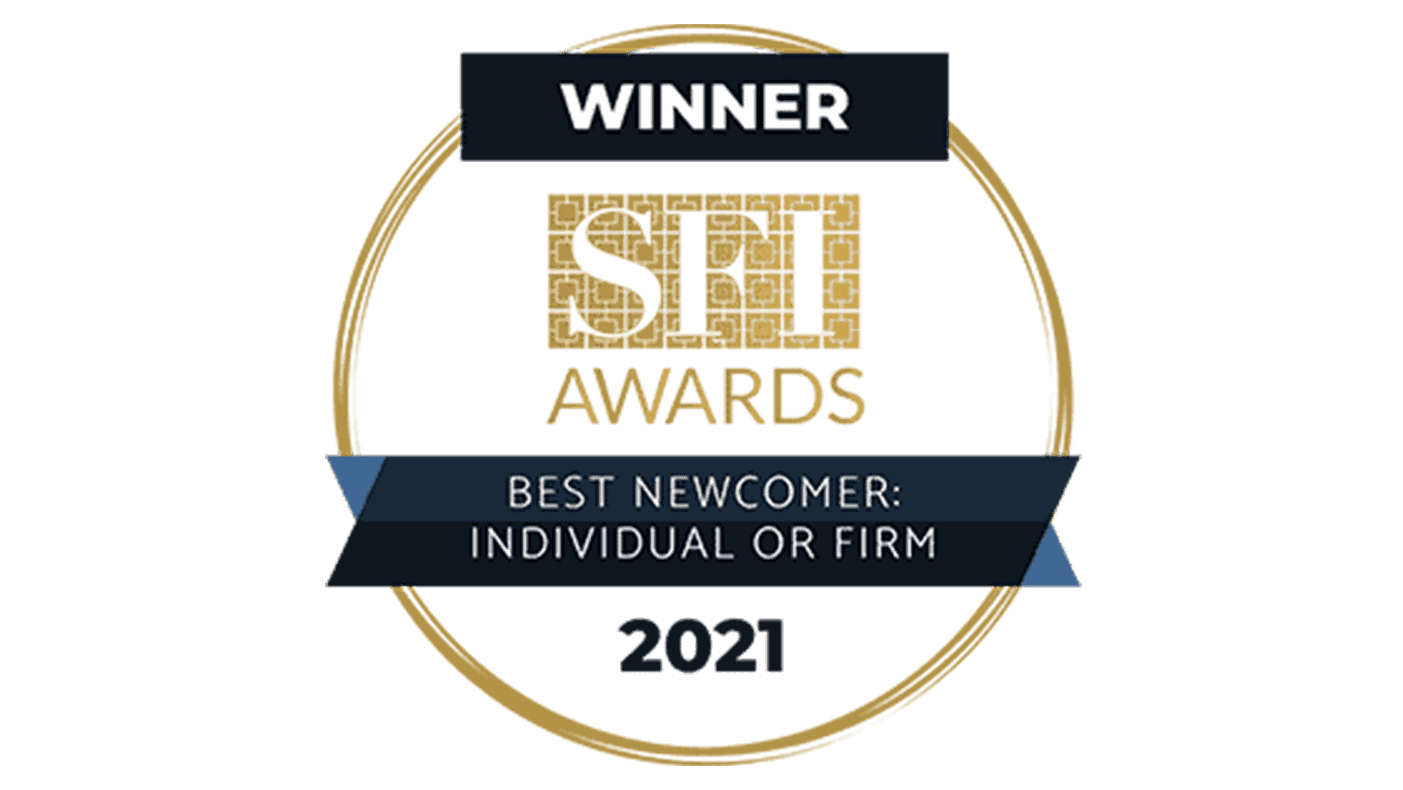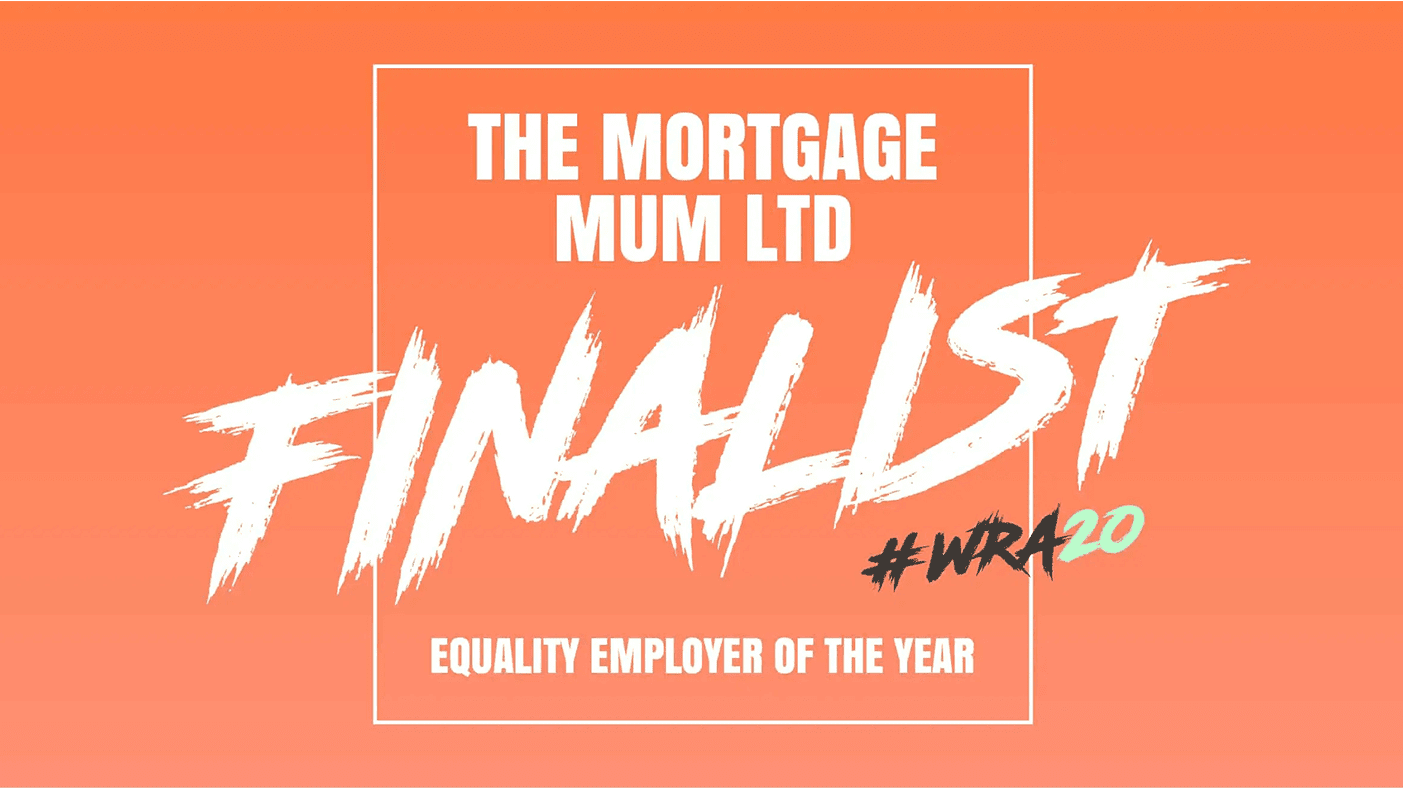The Library
- Multi- Award winning team
- Wide range of lenders
- Bespoke service, tailored to you
- Available at all hours, including after bath time!
Get in touch for an initial free, no obligation chat with an advisor about how we might be able to help.

Get in Touch
Home » The Library
Mortgages
There is no ‘one size fits all’ answer anymore and that’s why so many people ask us to help them with their mortgage. The best thing is for you to get in touch and give us some info, and together we’ll determine the level of borrowing that’s most appropriate for you.
You can find information via these links regarding first time mortgages, residential mortgages, buy-to-let mortgages and second charge mortgages, or give our advisers a call, they’ll be happy to answer any mortgage related questions you may have.
This is dependent on your circumstances, but we can arrange mortgages with as little as a 5% deposit from an individual and subject to your circumstances there may be no need to pay a deposit at all. Speak to us for more info.
There is no hard and fast answer to this question, but the average time from start to finish is 2 to 3 months.
The big question! We recognise that this is the first thing people want to find out when they come to us. Different providers follow very different criteria, and those criteria are changing all the time, making it a tough answer to determine. That’s why it’s a good idea to contact an experienced and responsible broker like The Mortgage Mum to scan the current market and identify the product that will afford you the maximum spending power in the housing market. Contact one of our experienced, trustworthy advisers and rest assured we will find the best solution for you.
In normal circumstances our stock answer currently is 5%. However, dependent on circumstances, there are some products that allow a zero contribution from you. Get in touch to see if you could be eligible for a zero deposit mortgage.
The Government change stamp duty rules quite often and the best way to find out what levels of stamp duty are payable is to use the Government’s Stamp duty calculator or speak to one of our advisers today.
The big question! We recognise that this is the first thing people want to find out when they come to us. Different providers follow very different criteria, and those criteria are changing all the time, making it a tough answer to determine. That’s why it’s a good idea to contact an experienced and responsible broker like The Mortgage Mum to scan the current market and identify the product that will afford you the maximum spending power in the housing market. Contact one of our experienced, trustworthy advisers and rest assured we will find the best solution for you.
This varies between providers, but with The Mortgage Mum’s expert knowledge of the mortgage lending market, we can target the providers that will offer you the best deal for your set of circumstances.
The big question! We recognise that this is the first thing people want to find out when they come to us. Different providers follow very different criteria, and those criteria are changing all the time, making it a tough answer to determine. That’s why it’s a good idea to contact an experienced and responsible broker like The Mortgage Mum to scan the current market and identify the product that will afford you the maximum spending power in the housing market. Contact one of our experienced, trustworthy advisers and rest assured we will find the best solution for you.
This varies between providers, but with The Mortgage Mum’s expert knowledge of the mortgage lending market, we can target the providers that will offer you the best deal for your set of circumstances.
This will depend on a number of factors – rental income, earned income, how many properties you currently own and more. Talk to one of our specialists today to see whether an extra income as a landlord is within your grasp.
It certainly could be – speak to one of our experts today to discover whether this could be an option for you.
There will potentially be tax implications when generating an income by letting a property. Though we don’t deal directly with matters relating to tax, we can always point you in the right direction. Get in touch today.
It’s the big question! It’s the main reason you come to us and the main reason we can help you. The amount you can borrow will depend on various factors, but if you contact us with some info, we’ll find the best to free up the funds you need.
This will depend on a number of factors, including deposit, property value and personal circumstances. Give us a call and one of our advisers will be able to give you an indication of the sum you can expect to borrow.
With any finance application, documents are required. If you can have income proof ready, along with bank statements, then we’re good to go. We will always advise you of further paperwork required.
Much like residential mortgages, there are many bridging loan providers. We will source the most suitable product to suit your circumstances.
There is no typical cost. This will solely depend on your circumstances and requirements. If you contact us with your details, we’ll let you know what sort of costs to expect.
The short answer is yes. The bridging loan provider will always require security.
This will of course depend on the sum borrowed and repayment term, but by discussing your borrowing requirements with one of The Mortgage Mum’s advisers, you can ensure that you secure a practical package with an achievable repayment scheme.
A secured loan (also known as a homeowner loan) is a loan secured against your property. Secured loans may be ideal if you want to borrow a large amount of money. They are usually used to consolidate existing credit, to make home improvements, or to fund major purchases. A mortgage is a first charge against your property. We recommend secured loans in a variety of circumstances such as when the client already has a mortgage with a favourable rate, or where there would be a substantial penalty to remortgage.
If you are employed, you can find this info in the bottom right hand side of your payslip, or if you know your annual gross salary, there are various websites that can calculate your monthly net earnings. If you are self-employed, or require any further advice, please don’t hesitate to contact one of our advisers.
If you click the link here, you can download our Budget Planner which provides a handy guide to calculating your monthly outgoings.
Even if you’re accepted, you may face higher interest rates and/or fees, as borrowers with poor credit ratings may not have as much choice as those with good credit scores. However, there are lenders who may consider those who might be rejected for mortgages elsewhere.
A bad credit mortgage is similar to a standard mortgage, but they have higher interest rates and charges… The risk on their side is mitigated by the higher interest rate and larger deposit you pay. You will also probably need a deposit of at least around 15% or more of the value of the property.
Many lenders currently ask for 3 years accounts to prove income in order to borrow on a mortgage, there are a few that consider mortgage applications for those self-employed less than 2 years, and there are even a small number of mortgage lenders accepting 1 years accounts.
In theory, self-employed borrowers have access to exactly the same range of mortgage products as everyone else, so long as you are able to put down the necessary deposit and prove you can make the repayments on your loan. Nearly all lenders will take self-employed earnings into account if you can produce a SA302 form.
How much can I borrow? As a general guide, whether you are employed or self-employed, you can normally borrow a maximum of the equivalent of 5 times your proven annual income – although some lenders may consider less, such as the equivalent of 4 or 4.5.
Insurance
This is not always the case. Subject to your age, amount of cover and general health, the insurers may require further evidence before they can offer terms. This can be completed by either an additional telephone interview, nurse visit or a targeted report from your GP.
Insurers will look at a number of factors before offering cover. Every provider is different, which is why it is best to speak with one of our advisers who can choose the best insurer for your circumstances. Some of the main factors will be age, occupation type, general health, smoker status and dangerous hobbies or pastimes. Once terms have been offered by the insurer and a monthly premium is agreed, that is the price you will pay each month for the life of the policy, should you choose a guaranteed premium.
A critical illness is not necessarily a life threatening condition, but in most cases life changing. Each insurer has a list of different definitions, meaning some will cover certain conditions, whilst others may not. Speak to one of our advisers to find out which critical illness plan is best suited for you.
This is not always the case. Subject to your age, amount of cover and general health, the insurers may require further evidence before they can offer terms. This can be completed by either an additional telephone interview, nurse visit or a targeted report from your GP.
Insurers will look at a number of factors before offering cover. Every provider is different, which is why it is best to speak with one of our advisers who can choose the best insurer for your circumstances. Some of the main factors will be age, occupation type, general health, smoker status and dangerous hobbies or pastimes. Once terms have been offered by the insurer and a monthly premium is agreed, that is the price you will pay each month for the life of the policy, should you choose a guaranteed premium.
A critical illness is not necessarily a life threatening condition, but in most cases life changing. Each insurer has a list of different definitions, meaning some will cover certain conditions, whilst others may not. Speak to one of our advisers to find out which critical illness plan is best suited for you.
Prices for our will services start from £150 depending on the complexity of your will.
No, here at The Mortgage Mum we have specialist and dedicated estate planning department who would be happy to offer will advice and assist you in the competition of your will.
An executor is the person(s) or company you trust to carry out your wishes in your will. A trustee is a company or person formally appointed to manage the assets of a trust and distribute to your beneficiaries accordingly.
Unlike driving a car, you can legally own a home without homeowners insurance. However, if you finance your home with a mortgage, your lender most likely will require you to have home insurance coverage to protect your home in case of damage cause by unforeseen circumstances, such as fires or natural disasters.
Though the estate would not automatically become the insured homeowner, a home insurance company, in practice, will generally pay the estate of the property owner named on the policy. One risk that the estate has, following the homeowner’s death, is that the estate can be sued for injuries on the premises.
You may also be able to purchase additional coverages for greater protection. Typical homeowners insurance policies offer coverage for damage caused by fires, lightning strikes, windstorms and hail. For example, damage caused by earthquakes and floods are not typically covered by homeowners insurance.
This is not always the case. Subject to your age, amount of cover and general health, the insurers may require further evidence before they can offer terms. This can be completed by either an additional telephone interview, nurse visit or a targeted report from your GP.
Insurers will look at a number of factors before offering cover. Every provider is different, which is why it is best to speak with one of our advisers who can choose the best insurer for your circumstances. Some of the main factors will be age, occupation type, general health, smoker status and dangerous hobbies or pastimes. Once terms have been offered by the insurer and a monthly premium is agreed, that is the price you will pay each month for the life of the policy, should you choose a guaranteed premium.
In general, lenders do not make it compulsory for you to have life insurance in place when you take out a mortgage. They simply require payment of their debt and interest, placing responsibility for insuring yourself and your family with you. We would always recommend you consider taking out a life insurance policy to ensure that your loved ones are protected should the worst happen.
A key person is anyone whom you to believe is essential to the day to day running of the business. Not only someone who generates the most profits but someone who is integral within the business and without them being around the business would suffer.
Shareholder protection can only be taken out by limited companies.
Yes, business loan protection can be used to cover any liabilities or debts that the business own. The business covers the loan amount as a lump sum, so if a business owner passes away then the loans or liabilities would be paid off.
Relevant life cover is owned by the individual but paid for by the company. Life cover is owned by the individual and paid for by the individual.
Finance
We need to get to know the background of your business in order to determine what kind of commercial finance may be available – but the first step is to get in touch with us and let our experts advise you.
In a perfect world yes. However, we do understand that they are not always readily available in full. Your broker will advise you of the necessary documentation required to avoid you having to provide information over and above what is required both by a property development mortgage lender and us as your mortgage broker.
In order to ensure we satisfy our regulatory commitments around anti money laundering an understanding of your future plans is necessary and will be undertaken during the fact finding stage. However, property entrepreneurs and developers often require ‘war chest’ funds to utilise when an opportunity arises. In such cases it would not be possible or a requirement to provide categorical confirmation around onward purchases.
Your mortgage broker will always aim to source the cheapest rate available across the entire market under your circumstances, whilst also considering other factors such as lenders appetite for certain deals and geographical areas, yours and your business’s credit history and deposit/equity funds available. There are many more factors to be considered, of which the list is not exhaustive. Your broker will always explain the reasoning behind the lender chosen and an indication of where the pricing sits across the market.
This will vary depending on each individual case. Your mortgage broker will provide you with a shopping list of required documents at the outset and as the case progresses. It is often preferable for us, with your consent, to have direct dialogue with your professional advisors such as your accountant and/or solicitor. By liaising directly with your advisors we can take some of the leg work off your desk.
Your mortgage broker will always aim to source the cheapest rate available across the entire market under your circumstances, whilst also considering other factors such as lenders appetite for certain deals and geographical areas, yours and your business’s credit history and deposit/equity funds available. This list is not exhaustive, however, and there are many more factors to be considered. Your broker will always explain the reasoning behind the lender chosen and an indication of where the pricing sits across the market.
Lenders do like companies to be trading for as long a period as possible, but we have lenders who will look at cases on an individual basis – so no, not necessarily.
In a perfect world yes. However, we do understand that they are not always readily available in full. Your broker will advise you of the necessary documentation required to avoid you having to provide information over and above what is required both by the lender and us as your mortgage broker.
In order to ensure we satisfy our regulatory commitments around anti money laundering an understanding of your future plans is necessary and will be undertaken during the fact finding stage. However, property entrepreneurs and developers often require ‘war chest’ funds to utilise when an opportunity arises. In such cases it would not be possible or a requirement to provide categorical confirmation around onward purchases.
This will depend on each individual case, your mortgage broker will provide you with a shopping list of required documents at the outset and as the case progresses. It is often preferable for us, with your consent, to have direct dialogue with your professional advisors such as your accountant and/or solicitor. By liaising directly with your advisors we can take some of the leg work off your desk.
Anyone can apply for development finance, although lenders will always ask if there is a track record of work – and this market can be diluted according to your experience, and therefore the cost of money could rise.
You certainly can! If you have seen some land you want to buy whether for development commercially or residentially – speak to one of our advisors today.
It’s hard to quantify what a low interest rate loan would look like at any given time as prices can fluctuate, but a broad range of these types of financial products are available. Rest assured our task is to find the best and usually the cheapest option for our clients!
Your mortgage broker will always aim to source the cheapest rate available from a wide range of lenders under your circumstances, whilst also considering other factors such as lenders appetite for certain deals and geographical areas, yours and your business’s credit history and deposit/equity funds available. There are many more factors to be considered, of which the list is not exhaustive. Your broker will always explain the reasoning behind the lender chosen and an indication of where the pricing sits across the market.





















